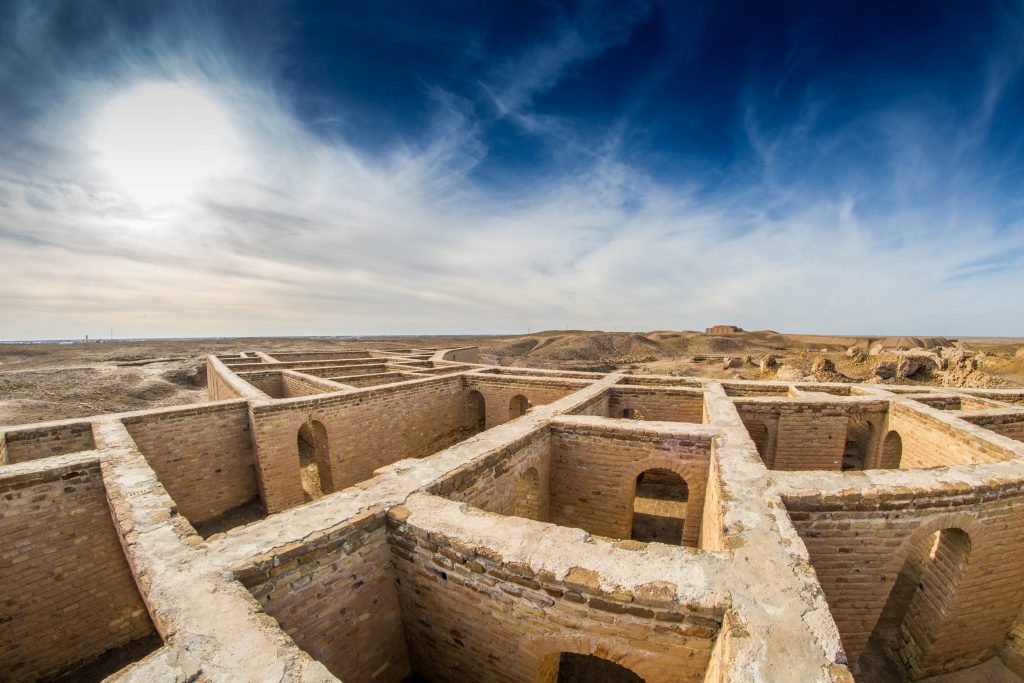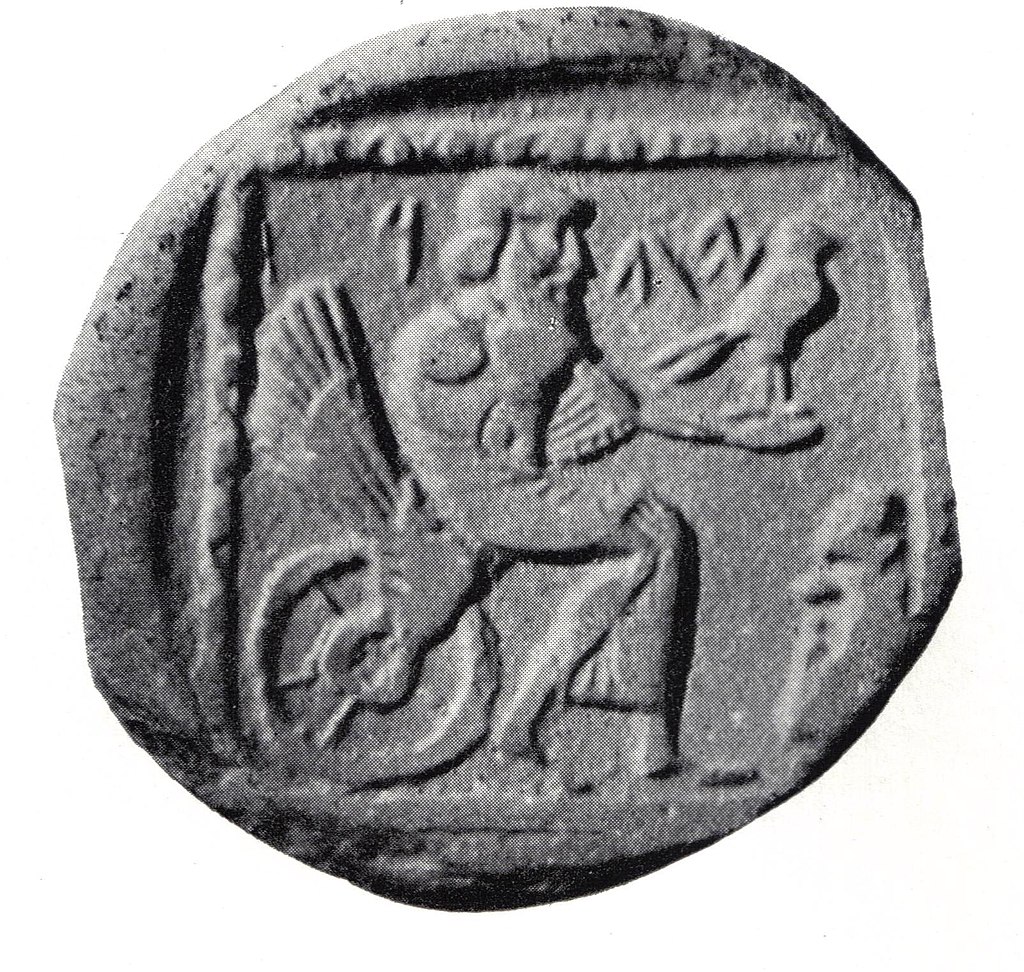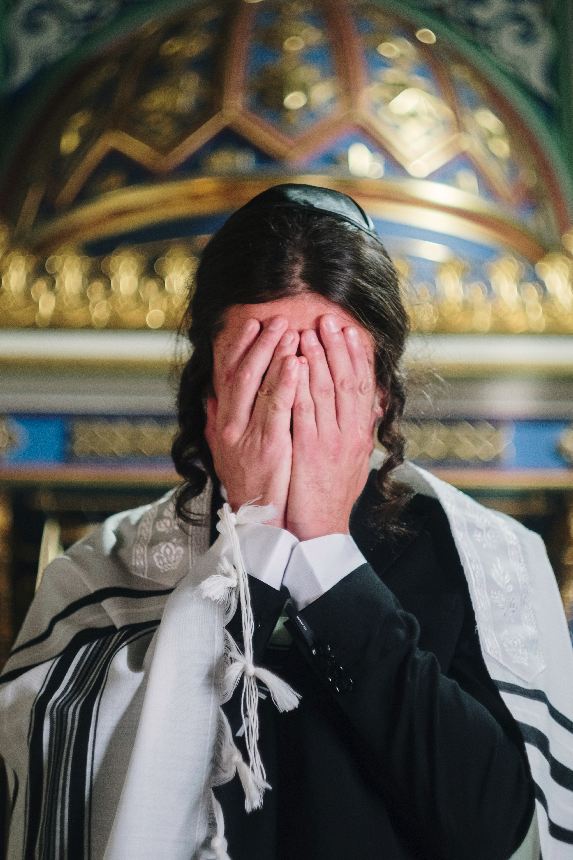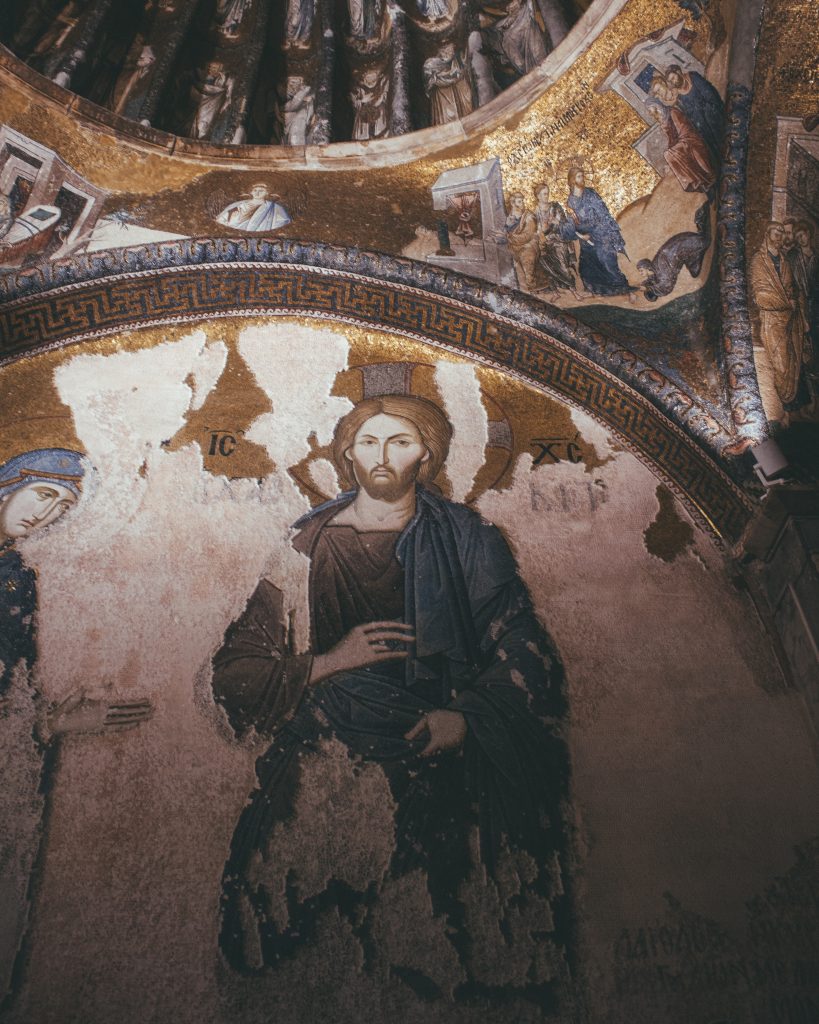Abraham, also known as Abram, is presented in the Bible as the founding father of the Israelites through his son Isaac. In Islam, he is known instead as Ibrahim and recognized as a prophet, patriarch, and messenger of God. Muslims call him the father of the Arab people and the ancestor of the Prophet Muhammad. In Jewish tradition, Abraham is considered the first patriarch of the Jewish nation. He is also seen as a symbol of the continuity of the Jewish nation.
According to the Bible, God called Abram from his home to go to a land that God would give him as an inheritance. God promised to make Abram the father of a great nation and that all nations would be blessed through him. He entered into a covenant with God to give his descendants, including Isaac, Jacob, and Joseph, the land of Israel. Their story is told in the book of Genesis.
He is known as the father of monotheism, as he abandoned idol worship to believe in one all-powerful God. In Abraham’s story, he is known for his faith, obedience, and willingness to sacrifice his son Isaac as a test of that faith.
When Abraham was 75 years old, God revealed himself to him and summoned him to leave his home—Ur of Chaldees, a major port city and urban center on the Persian Gulf—somewhere in Mesopotamia for a place he would show him.

Before he started his journey with the one true God, he was already an elderly man. He was called into a nomad’s life, a huge transition from a rather bubbly city life. 25 years later, when he was much older, God gifted him and his wife Sarah with a son, Isaac.
One of the best-known stories about Abraham is that he had enough faith in God to be prepared to offer up his gift of a son, Isaac, as a sacrifice if necessary. If you are familiar with this tale, you are also aware that God unexpectedly sent a ram to take Isaac’s place on the altar.
Leaving his father’s house meant leaving behind everything familiar, including his father’s religion. This God, Yahweh, spoke directly and instructively to Abraham, and he followed his lead based on his faith in him. Here we see Abraham as a wonderful example of faith, as he sets forth in obedience to God.

Eickenberg at en.wikipedia, Public domain, via Wikimedia Commons
As he traveled from place to place in obedience, Abraham would welcome travelers and strangers into his tent, offering them food and drink. In Genesis, he is described as welcoming three visitors, later revealed to be angels, and offering them a feast. He was just always ready to share what he had with others. He was simply a generous and hospitable man. In Islamic tradition, Ibrahim (Abraham) is also known for his hospitality and generosity. He welcomed guests warmly, and he would often invite the poor and the needy to his home for meals.
So that he would not be hurt while traveling, Abraham convinced two different monarchs that his wife, Sarah, was really his sister. Thankfully, both kings learned the truth and gave Sarah back to her husband. When he was found out, he confessed to King Abimelek that Sarah was his father’s daughter and not his mother’s.
Abraham helped usher in the promised nation and land, but all he ever owned was a burial site—a cave in a field purchased from the Hittites to bury Sarah when she died. She lived for 127 years. After which he took another wife, Keturah, and together they had six sons.
Abraham’s family tree
Here is a seamless flow of Abraham’s family tree. His grandfather was Nahor, while his father bore the name Terah. His brothers were Haran and Nahor (you’d be correct to say that he was his grandfather’s namesake). Abraham had eight sons, namely: Zimran, Shuah, Midian, Medan, Jokshan, Ishbak, Ishmael, and Isaac. He had two wives: Sarah and Keturah, and a concubine named Hagar, the mother of Ishmael.
Abraham’s nephews were Lot, Thahash, and Uz. His sister-in-law’s name was Milcah. His grandchildren were Jacob, Esau, Epher, Hanoch, and Dedan. Manasseh, Asher, Benjamin, Issachar, Dan, Ephraim, Gad, Joseph, Judah, Simeon, Levi, Naphtali, Reuben, and Zebulun were his great-grandsons.
Abraham had many famous descendants, including King David, Jesus Christ, and some of the Old Testament prophets.
Abraham’s Death
Abraham died at the age of 175 and was buried by Isaac and Ishmael beside his wife Sarah in the old family burial cave at Machpelah. That was 100 years after he originally arrived in Canaan.
Abraham’s life left a lasting influence on the ancient world, and practically all religious traditions in Eastern nations allude to Abraham’s life. While Muslims refer to him as Ibrahim, he is known in Christianity as the friend of God, the obedient Abraham, and the father of all.
Abrahamic Religions
The legendary life of Abraham inspired a collection of monotheistic religions known as Abrahamic religions. These religions trace their roots back to the prophet Abraham. Indeed, he is recognized as a prophet in all three. Islam, Christianity, and Judaism are the three primary religions represented in this group.

These faiths hold a number of similar beliefs, such as the existence of a single God, humanity’s unity, and the value of faith and good deeds. They also share many religious texts and figures, including the Bible and Jesus Christ. However, there are also many important differences between these religions, including their views on the nature of God, the identity of Jesus, and the interpretation of scripture.
Some similarities between the Abrahamic religions
Here are some key similarities between them:
Belief in One God
One of the most fundamental similarities central to all three religions is the belief in one God, who is the creator and ruler of the universe. This sets them apart from other religious traditions all over the world that believe in many gods or no god at all.
Faith and good works
The importance of faith and good deeds is emphasized heavily in all three religions. They advocate that while faith in God is vital for the salvation of man’s soul, this faith must also be followed by moral behavior and good acts.
The belief in the oneness of humanity: All three religions assert that people are valuable and worthy creatures with intrinsic worth and dignity.
Prophets and Revelations
The idea of prophets and revelation is firmly rooted in all Abrahamic religions. They hold the view that God spoke to humanity via chosen persons known as prophets, and that this communication serves as a source of religious teaching and guidance.
Weekly prayer and worship days
These three religions have a strong, unshakable belief in prayer, ritual, and specific days of the week set aside for their worship.
Common text and figures
Furthermore, there are theological writings and individuals that are shared by all three religions. For instance, Abraham is regarded as a key character and progenitor in Judaism, Christianity, and Islam. They both believe in many of the same prophets, including Jesus, Moses, Noah, and Adam.
Differences between the Abrahamic religions
As remarkable as the similarities of the Abrahamic religions are, there are also notable and unmissable differences in their beliefs and practices. Let’s explore some of them.
The nature of God
This is a major one. While Islam maintains that God is precisely one and indivisible, in contrast to Jewish and Christian belief in the Trinity, the idea that there is one God who exists in three people,
Days of Worship
There is also a noticeable variation in ceremonies and practices. For instance, Christians observe Sunday as the day of worship, Jews observe the Sabbath on Saturdays, and Muslims pray in congregation on Friday.

The identity of Jesus
According to Christian doctrine, Jesus is the Son of God, the Messiah, and both fully divine and totally human. Jesus is not regarded as the Messiah by Judaism, and according to Islamic doctrine, Jesus was only a prophet and not the Son of God.

The Holy Books
Another distinction between the three is their interpretation of the written word. Although all three religions view the Bible as a crucial source of religious instruction and guidance, their interpretations of its teachings vary. The Hebrew Bible, commonly known as the Old Testament, is interpreted differently by Jews and Christians, while Islam has its own sacred book in the form of the Quran.
The concept of the end
They each have a unique perspective on what the end of the world entails for everyone, hence they do not agree on anything in this regard. For the Christian, it is the coming of the Messiah; for the Jew, it is the end of the world; and for the Muslim, there is life after death.
Conclusion
Abraham’s qualities of faith, obedience, and hospitality stand out the most. We observe a man who sets an example for faith and submission to God. Although it goes against his inclinations as a parent, he was willing to sacrifice his son Isaac at God’s command after leaving his home, family, and country. He demonstrates a strong faith in God, even when it is difficult and inconvenient. Abraham’s hospitality is regarded as a virtue, and he is held up as a model for all of humanity to emulate: being nice and generous to others, as well as accepting of those who are different from us.




